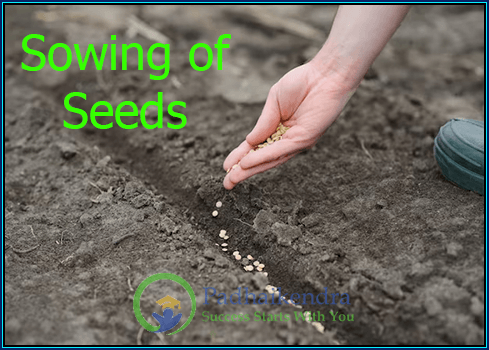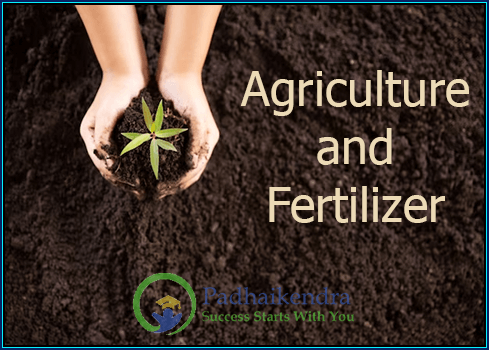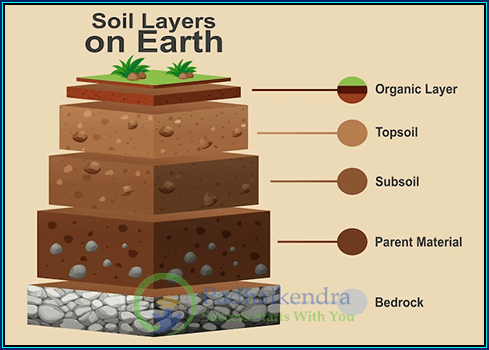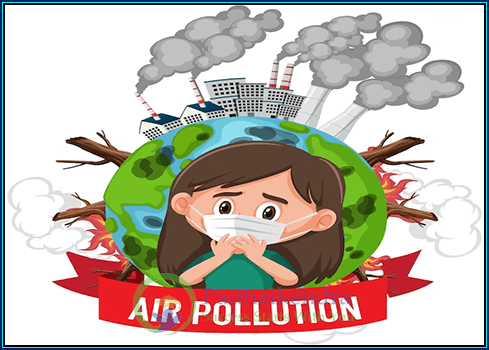Introduction
Agriculture is the backbone of our civilization as it provides food and raw materials for various industries. It is the science and practice of cultivating crops and raising livestock for human consumption or industrial use. Organic farming is a type of agriculture that emphasizes the use of natural inputs and processes to grow crops and raise livestock. It is a sustainable and environmentally friendly approach that avoids the use of synthetic pesticides, fertilizers, and genetically modified organisms. Organic farming is becoming increasingly popular due to its health and environmental benefits, and its potential to provide high-quality food while preserving natural resources. In this article, we will explore the basics of agriculture and organic farming, their benefits, and some of the key practices involved in each.
What is Organic Farming?
Organic farming is a method of agriculture that involves the use of natural inputs and processes to grow crops and raise livestock. It is a sustainable and environmentally friendly approach that avoids the use of synthetic pesticides, fertilizers, and genetically modified organisms. Organic farming is becoming increasingly popular due to its health and environmental benefits, and its potential to provide high-quality food while preserving natural resources.
Types of Organic Farming
Here are two common types of organic farming practices explained in more detail:
- Pure Organic Farming: Pure organic farming, also known as traditional organic farming, involves using only natural inputs and processes to grow crops. This type of farming relies on crop rotation, natural pest control, and composting to maintain soil fertility and plant health. Farmers practicing pure organic farming do not use any synthetic fertilizers, pesticides, or herbicides, and instead rely on natural methods to manage pests and diseases. Pure organic farming can be more challenging than other types of organic farming practices because it requires a deep understanding of the soil and the ecosystem in which the crops are grown. However, it can be a highly rewarding practice for farmers who are committed to sustainability and environmental stewardship.
- Integrated Organic Farming: Integrated organic farming, also known as mixed farming, involves combining organic and conventional farming practices. Farmers who practice integrated organic farming use both natural inputs and synthetic inputs to manage their crops. For example, they may use natural pest control methods such as crop rotation and companion planting, but also use synthetic pesticides in cases where natural methods are not effective. Integrated organic farming can be a more flexible approach to organic farming, as it allows farmers to use a wider range of inputs and methods to achieve their goals. However, it is important for farmers to carefully manage the use of synthetic inputs to ensure that they do not harm the environment or compromise the health of the crops.
Pure organic farming and integrated organic farming are two common types of organic farming practices. Pure organic farming relies solely on natural inputs and processes, while integrated organic farming combines organic and conventional practices to manage crops. Farmers can choose the type of organic farming practice that best fits their needs and goals, while prioritizing sustainability and environmental stewardship.
Nutrient Management in Organic Farming
Nutrient management is a crucial aspect of organic farming. Organic farmers rely on natural inputs such as compost, cover crops, and crop rotation to maintain soil fertility and provide the necessary nutrients for their crops. Proper nutrient management is essential for ensuring healthy crops, improving soil health, and minimizing the environmental impact of farming.
One key aspect of nutrient management in organic farming is soil testing. Organic farmers regularly test their soil to determine the nutrient levels and pH balance. This helps them determine which nutrients are lacking and which ones need to be added to the soil. Based on the results of the soil test, farmers can create a nutrient management plan that includes the application of organic fertilizers and other natural inputs.
Composting is another important aspect of nutrient management in organic farming. Composting involves the decomposition of organic matter such as crop residues, manure, and food waste to create a nutrient-rich soil amendment. Compost can be used to improve soil structure, retain moisture, and provide a source of nutrients for crops.
Cover cropping is another practice that is commonly used in organic farming for nutrient management. Cover crops are planted in between cash crops to provide a source of organic matter for the soil, improve soil structure, and fix nitrogen. Cover crops can also help suppress weeds and prevent erosion.
Crop rotation is another essential practice for nutrient management in organic farming. Crop rotation involves planting different crops in a specific order to help reduce pest and disease pressure, improve soil health, and manage nutrient levels. By rotating crops, organic farmers can ensure that the soil is not depleted of nutrients, and crops are less susceptible to disease.
Nutrient management is a critical aspect of organic farming. Organic farmers rely on natural inputs such as compost, cover crops, and crop rotation to maintain soil fertility and provide the necessary nutrients for their crops. By using these practices, organic farmers can grow healthy crops while minimizing the environmental impact of farming.
Weed and Pest Management
Weed and pest management refers to the various practices and techniques used to control the growth and spread of weeds and pests in agriculture. Weeds are unwanted plants that compete with crops for nutrients, water, and sunlight, while pests are insects, fungi, bacteria, and other organisms that can damage or destroy crops.
Effective weed and pest management is essential for maintaining healthy crops, maximizing yields, and minimizing the use of pesticides and herbicides, which can have negative impacts on the environment and human health. There are several different methods of weed and pest management, including:
- Cultural practices: Cultural practices involve using various techniques to manage weeds and pests without the use of chemicals. Examples of cultural practices include crop rotation, intercropping, and the use of cover crops.
- Biological control: Biological control involves using natural predators or parasites to control pests. For example, ladybugs can be used to control aphids, while nematodes can be used to control soil-dwelling pests.
- Mechanical control: Mechanical control involves physically removing weeds or pests from crops. Examples of mechanical control include hoeing, hand weeding, and the use of traps or barriers to prevent pests from reaching crops.
- Chemical control: Chemical control involves using pesticides and herbicides to control weeds and pests. While chemical control can be effective, it is often the least sustainable method of weed and pest management and can have negative impacts on the environment and human health.
Weed and Pest management is an important aspect of agriculture. Effective weed and pest management can help farmers maintain healthy crops, maximize yields, and minimize the use of chemicals that can have negative impacts on the environment and human health. By using a combination of cultural, biological, and mechanical control methods, farmers can effectively manage weeds and pests while maintaining the sustainability of their farming practices.
Disease Management
Disease management in organic farming refers to the various practices and techniques used to prevent, diagnose, and control plant diseases in an organic agricultural system. Plant diseases can be caused by various factors such as fungi, bacteria, viruses, and environmental stressors. Managing plant diseases is crucial for maintaining healthy crops, maximizing yields, and minimizing the use of synthetic pesticides and other chemicals that may have harmful impacts on the environment and human health.
Advantages of Organic Farming
Organic farming is a method of agricultural production that aims to minimize the negative impact of farming practices on the environment and human health, while producing food that is nutritious, safe and flavorful. The following are some of the advantages of organic farming:
- Environmentally friendly: Organic farming practices promote biodiversity and reduce soil and water pollution, which helps to conserve and protect natural resources.
- Better for human health: Organic farming reduces the use of synthetic pesticides and fertilizers, which are known to have negative impacts on human health. Organic food is also free of genetically modified organisms (GMOs), which have been linked to various health issues.
- More nutritious food: Organic crops have been shown to contain higher levels of vitamins and minerals than conventionally grown crops. This is due to the fact that organic farming practices focus on improving soil health, which in turn leads to more nutrient-rich crops.
- Supports local economies: Organic farming often involves smaller-scale operations, which can help to support local economies and communities. This is because organic farmers tend to sell their produce locally, rather than shipping it long distances.
- Reduces greenhouse gas emissions: Organic farming practices reduce the use of fossil fuels and other non-renewable resources, which helps to reduce greenhouse gas emissions and combat climate change.
- Improves soil health: Organic farming practices focus on improving soil health by promoting the use of organic matter, cover crops, and other techniques that enhance soil fertility and structure. This, in turn, leads to healthier plants and higher yields.
- Promotes animal welfare: Organic farming practices often involve the use of more humane and ethical practices when it comes to animal husbandry. Organic livestock is typically given access to outdoor spaces and fed organic feed, which helps to promote animal welfare.
Organic farming has many advantages over conventional farming practices. It promotes a healthier environment, healthier food, and healthier communities.





